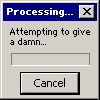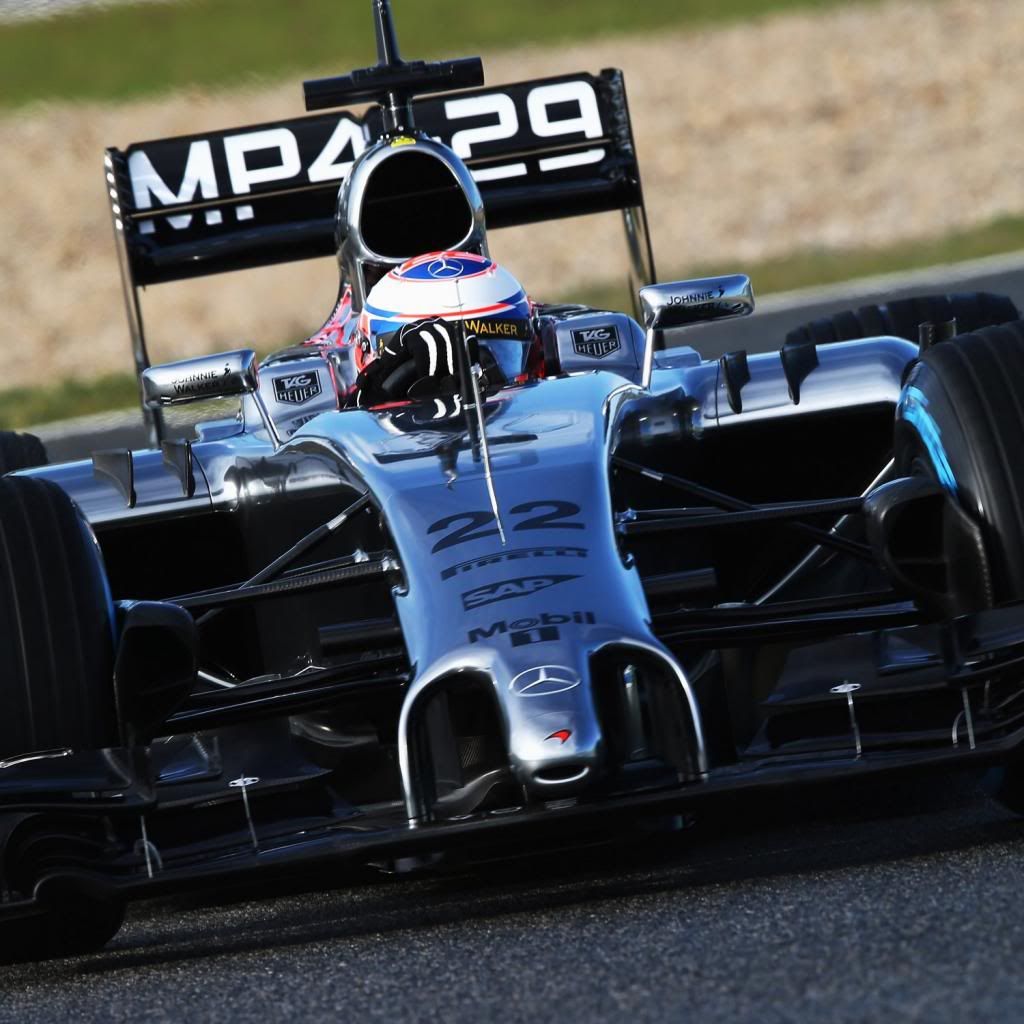turbof1 wrote:
I wonder if drivers can have a control over that. In endurance racing it might come very handy.
I can get into that state in a number of different activities - some videogames, some other non-physical activities. I've had it happen during exams a couple of times, which is very cool because those are the tests that I ace. Happens while programming now and then. I can't just turn it on and off, but I can control the conditions that make it much more likely. For instance, I'm very attuned to music. So if I practice something while listening to a given song or album over and over, and then go to do that thing later, playing the same song or album makes me
vastly more likely to get into the state. I think that's completely different for each person, but I know its the basis for a lot of superstitions and habits that athletes have.
Think about how you deeply learn things. When you were a kid, you had to think consciously about how to ride a bike - pedaling, steering, balance, etc. When you got older with practice, you do it without thinking. You're doing most of the work involuntarily, not unlike breathing. Well, you can go past that point to doing more complex things at that level, eliminating the need to calculate, eliminating the hesitation that might come from a perceived risk. Everything just flows without thought. And you can work it backward as well. I can control a few involuntary actions from concentrated thinking. For example, I don't get hiccups. I can stop them at will. Little parlor tricks but some come in handy like being able to lower your heart rate very quickly. I know some other people that can do things like this as well.
So I would
expect top drivers to be able to get into that state, where they know the track intimately, they know the car intimately, and they just drive involuntarily. I suspect this is when guys like Kimi and Lewis are telling the team to shut up on the radio. Personally if my concentration is broken, then it doesn't work, so I need to be very isolated to do it. I imagine it would apply to adjusting things like brake bias during each lap and various other settings on the car. Everything just
flows. And that's the best way I could describe it - there's no resistance to each action. You see what you're doing, but you're not focused on any specific thing, so in a car you wouldn't be
looking for the apex of a turn but you would still see it, along with a lot of other stuff that you would normally miss while focused on the apex. You don't
think about how much to turn the wheel or what gear you should be in or whether you've braked enough - they all just sort of happen exactly as they should with no 2nd guessing or worry. I would think they could even remain in that state while passing backmarkers, which are routine, but not passes for position which do require planning and calculation.
The term for it is 'automaticity'. It's easier for some people than others. I'd expect it to be (relatively speaking) very easy for top athletes.



